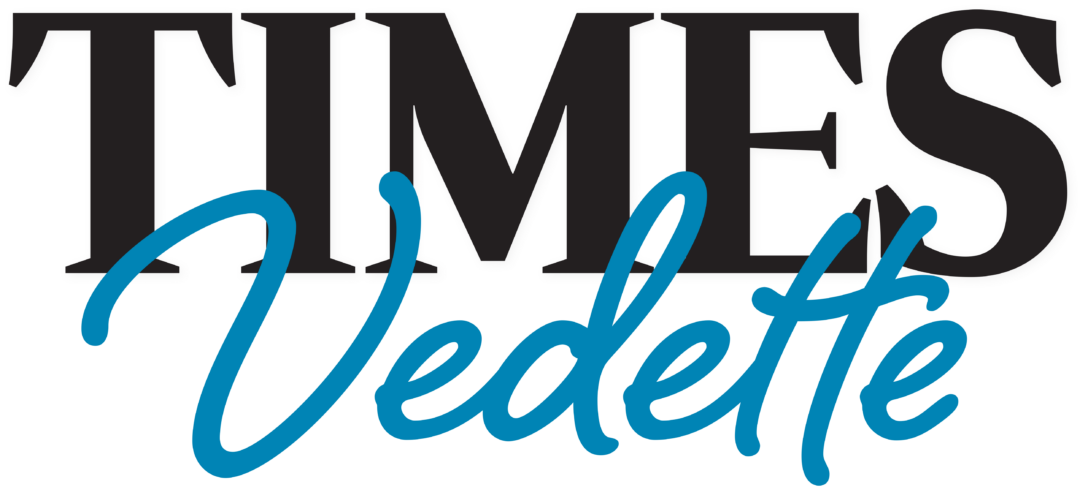
When I talk with local business owners, most of them tell me that the No. 1 thing that is holding them back from growth is the inability to find people to work.
As such, after the COVID-19 pandemic, unemployment benefits were cut in hopes of getting the unemployed back to work. The results have not been what many had hoped for, as employers are still struggling to find people. Why didn’t the cut in unemployment benefits solve the problem? There are many theories to this, but one that makes sense is that some people are now choosing to “work by the job” with contract positions or “Uber”-type jobs. A growing number of people don’t want to work the traditional 40 hours per week, and some couples have even learned to get by on one income. Others are simply not concerned about having health insurance, retirement plans or other employee benefits. And still others prefer the non-employee types of jobs to avoid drug testing. These are all concerning, and they are all real, at least to some degree. Meanwhile, the jobs — many with good pay and benefits — are aplenty. So now what? Well, what if…
What if all unemployment payments and payouts were eliminated completely for a period of time? Maybe a test for a year, or six months, or three months. Would some Americans starve? Would our economy crumble? Or would our taxable revenues skyrocket with a full workforce, providing opportunities for better wages? Other social programs may need to step up to address child care and other issues, but what if?
What if young people were not allowed to stay on their parents’ health insurance plans until age 26 and had to find full-time jobs to gain employee benefits? Would we have an abundance of unemployed and uninsured youth, or would they be readily employed with full-time jobs and insurance plans? Would they stick with jobs longer to keep their benefits? Or would they keep job-hopping? Could they go to college and work some at the same time? Or is that too much to ask? What if?
What if retired and disabled people who were capable could work more hours without risking the loss of health insurance and benefits? What if there was an incentive to work more, for both the employer and the employee?
What if it were easier for non-residents to become tax-paying Americans and not have to deal with the time and money currently involved in becoming a U.S. citizen? And what if their employers actually paid full taxes on what could be now-legal residents, too? What if?
Unfortunately, the solutions to these and most other problems all too often become political. In reality, building the economic engine of our country should be something we all support, as we all benefit from it. There are no easy answers, but that shouldn’t keep us from asking, “What if?”
Have a fantastic Friday, and, as always, thank you for reading.
Shane Goodman
Editor and Publisher
Times Vedette digital newsletter
shane@dmcityview.com
641-755-2115
